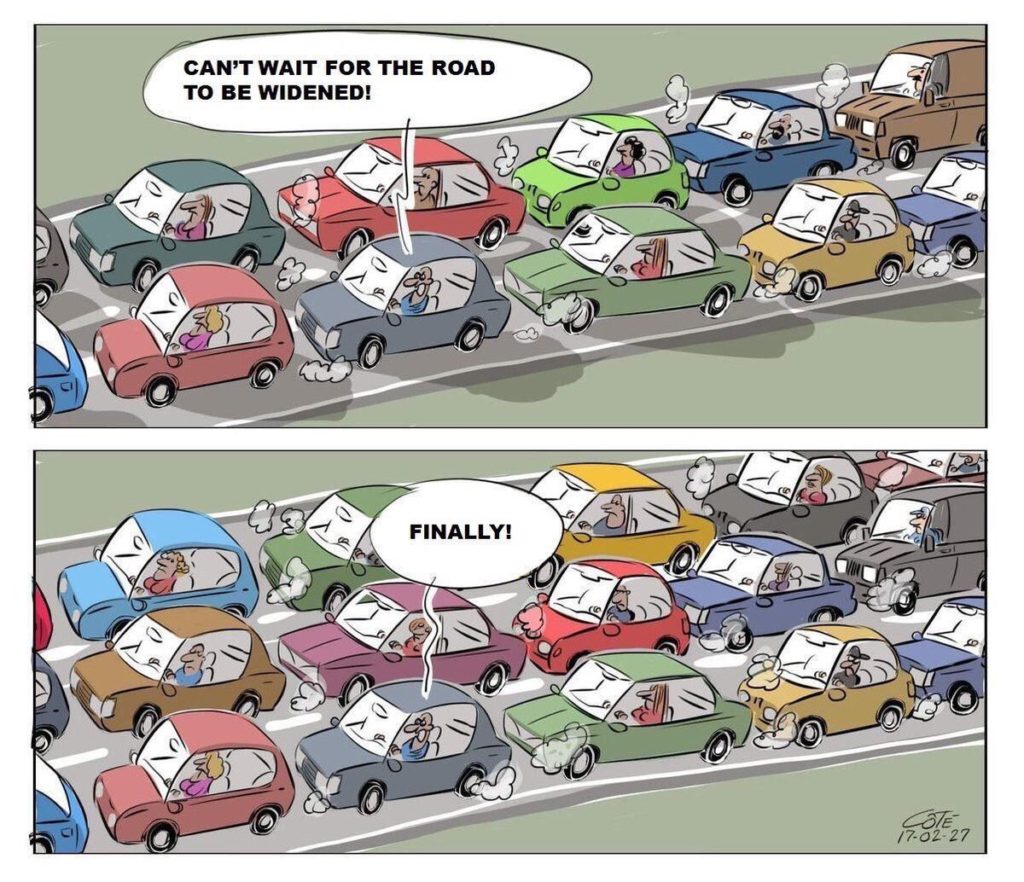DecarboN8 Director, Professor Greg Marsden, analyses the implications of Budget 2020 for decarbonising transport
The budget is a missed opportunity to rebalance what we spend our transport funding on. Too much capital spending on road schemes will undermine the increases in spending on public transport, as will the 10th consecutive year of frozen fuel duty. Experience shows roadbuilding just generates more traffic and we can no longer afford to add to the size of the carbon challenge. When the climate emergency demands a new approach that commits governments to create the conditions where we can travel less by car, we are spending more on roads.
The Budget proposes a £5.2bn budget for spending on major infrastructure investment in our major cities, all to be spoken for by 2025. This is on top of £5bn announced for investment in walking, cycling and bus improvements. This is all welcome and necessary but insufficient. Even with the most optimistic EV adoption pathways we will need to reduce the amount we travel by car by at least 10% and more than double bus, rail and cycling by 2030 and then do even more out to 2050. This funding will help deliver major public transport capacity improvements. However, we also require subsidy for service frequencies and fares to enable more routes to be available at more times of the day and night so people can use public transport for their everyday needs. We see no sign of this switch to revenue support in the budget, where capital spending remains king.
Contrast the £5.2bn for public transport to “the largest ever investment in English strategic roads, with over £27 billion between 2020 and 2025”. When we build more roads or add capacity we encourage more driving. Add to this the freeze in fuel duty for a “record tenth year in a row”. The OBR estimates that fuel duty freezes mean there has been a 40% real-terms fall in the tax share of GDP which fuel duty provides since 1990 as motoring gets cheaper. The result? New car sales of SUVs have sky rocketed as consumers have traded up the lower costs of motoring and better engine technology to bigger cars. 37 SUVs were sold for every Battery Electric Car in 2018. Whilst there is a welcome continuation of incentives for the Plug-in-Car Grant those are still well below those in countries such as Norway who lead the way.
If we cannot be compliant with our carbon pathway without reducing how much we drive then why on earth are we building more roads? They won’t be needed if the other things we have to do take priority. At the very least there should be a moratorium on new road construction until the penetration of EVs in the fleet is close to 100% – so not any time in the period of this budget. One of the key problems is that the Treasury appears to be writing the cheques on what the balance of spending will be before the Department for Transport publishes its long awaited Decarbonisation Strategy. Given the recent experience with the legal challenge to the third runway at Heathrow, it would not be surprising to see further court challenge to this “infrastructure first” approach in the coming months.
The focus on shovel-ready infrastructure expansion on the roads will, regrettably simply dig us a bigger climate hole to get out of.

